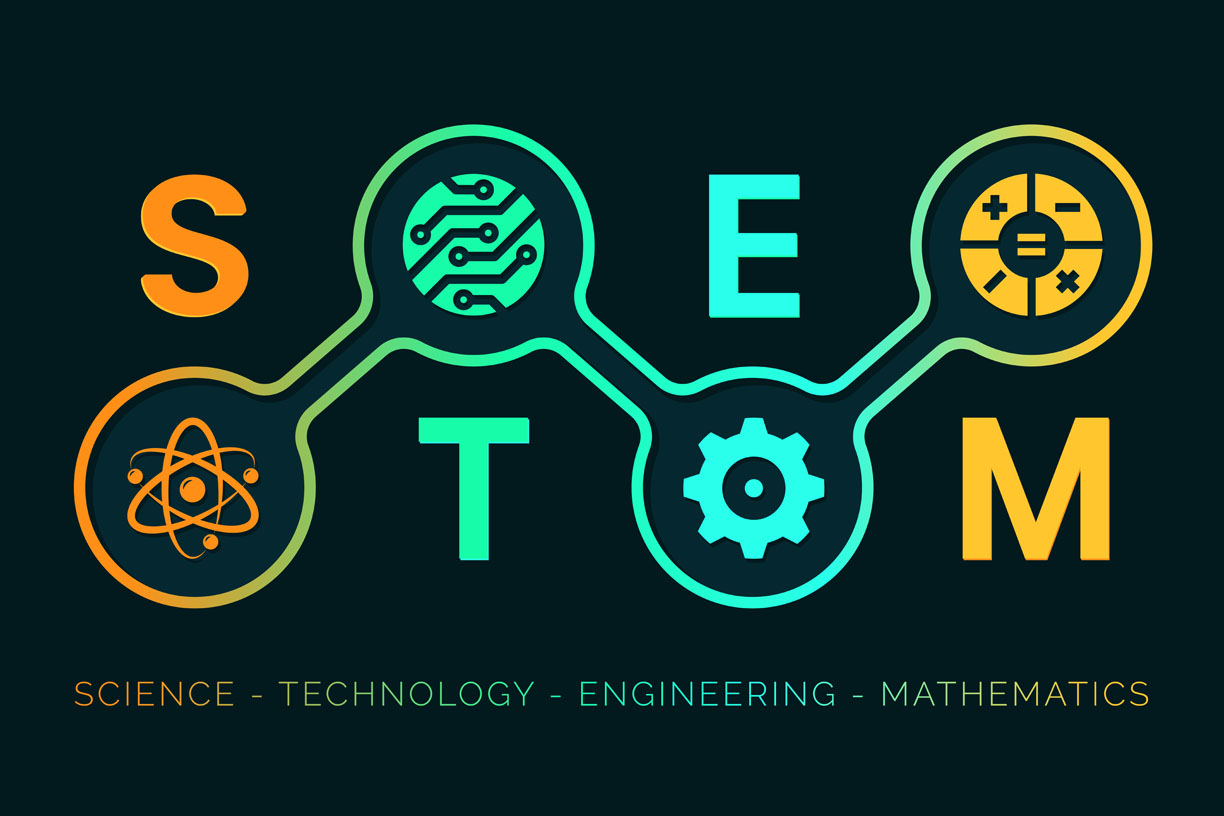The research is compelling: organizations consistently rank strong leadership acumen among the top characteristics they look for in potential new hires. The Mason School's Principled Professional course prepares you to meet this demand by blending an interactive classroom environment with distinctive experiential learning opportunities giving students the tools they'll need to find success in the field.
More than just an innovative curriculum, The Principled Professional sets itself apart from other business school programs by providing First-Year MBA students with a personal leadership coach. This invaluable one-on-one experience, unique to the Mason School, partners you with one of our experienced Executive Partners who will challenge and guide your interpersonal skills and expand your leadership potential.
This is not a typical course. It is a program designed to enhance your effectiveness by promoting your professional development and supporting your absorption of key leadership skills. Your EP coach will partner with you in this effort. In the program, we will focus on the following domains of leadership practice:
Leader as Highly Skilled Individual: Who shows up when you walk into the room?
- What do you bring to the table?
- What are your core strengths & how can you best communicate them?
- How do you know how you show up?
You will work along with your coach to clarify your strengths and your values so you develop expertise that enables you to do your best work and you strengthen your ability to "story-tell" you.
Leader as Principled Influencer of the Team: How do you have conversations that matter?
- Do you understand how well-intentioned people end up in ethical lapses?
- How comfortable and skilled are you at making your voice appropriately heard?
- How skilled are you at making space for other voices?
You and our EPs will work together to increase your comfort and skill in making your voice heard for the good of the team and organization. This includes both being able to assert yourself, as well as to read others, and then make adjustments so everyone can do their best work.
Leader as Principled and Collaborative Enterprise Manager: How do you help the parts work together to achieve larger system objectives?
- How are you able to create coordinated action?
- How do you establish principled purpose?
You and our EPs will work to enhance your ability to develop and translate strategy into coordinated action.
At the Mason School, our goal is to energize you to "Be the Difference." The Principled Professional builds on that commitment by inspiring you to strive for excellence in yourself and those around you. You'll emerge a compelling and principled leader with the interpersonal and problem-solving skills that are sought after by today's businesses.

